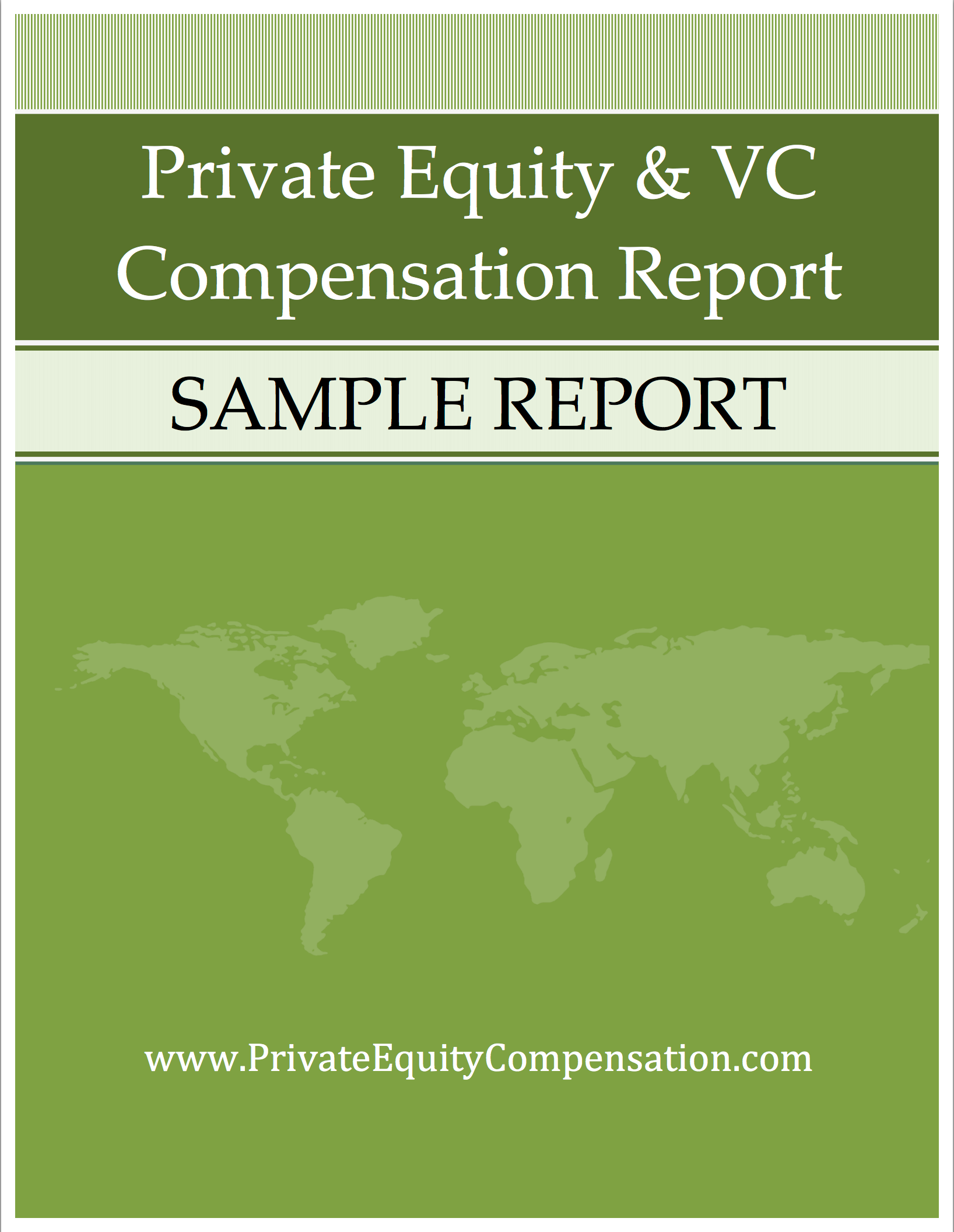When it comes to reasons why individuals choose to work in the financial industry, job security is often pretty low on the list. Compared to jobs in the corporate world or in government, there simply isn’t as much certainty surrounding whether or not an employee will be staying beyond the next paycheck. Performance, both of the individual and the firm, weigh heavily on future employment prospects. That said, feelings around job security are an important measure of the health of the private equity and venture capital industries.
In our 2013 Private Equity and Venture Capital Compensation report, we took a hard look at how employees felt about their job security, and the reasons behind why they felt secure in their roles, or were anxious about their future. Overall, we saw an increase in positive feelings around job security, with 55 percent of respondents this year suggesting that they were not concerned about being let go in the near future. This compares quite strong to last year when less than half of respondents were unconcerned about their continued employment prospects at their firm. This considerable jump in positive outlooks amongst private equity and venture capital employees reflects well on the health of the industry, and increased competition to attract and retain top talent.
On the other hand, 40 percent of respondents were somewhat concerned about their employment outlook for 2013. In addition, 5 percent were “very concerned,” reflecting considerable doubt about the ongoing engagement with their current firm. Amongst those that were concerned about their job security over the next year, there was quite a divide in terms of the reasons behind those fears. Perhaps surprisingly, only 10 percent of respondents were actually concerned that their own performance could lead to their imminent dismissal. On the other hand, a full 74 percent were more concerned about macro factors facing their firm or the entire industry. 45 percent of respondents indicated that their firm’s fundraising ability was the main source of their worry, while 29 percent pointed to overall market conditions as the leading reason they would lose sleep over their job prospects.
On the other hand, those not overly concerned about their job security reported their own performance as the most likely cause of their downfall in 2013, if it were to occur. Changes to firm structure and market conditions were other leading reasons why the lesser concerned respondents felt could influence them to be increasingly concerned as the year rolls on.
Overall, this segment of our compensation report reflects an industry that is getting stronger as it moves forward from years of significant struggles. Increasing job security is just one aspect that reflects a tighter labor market as firms scramble to obtain top talent. As long as economic fundamentals remain steady in 2013, we expect to find employees becoming increasingly comfortable with their job security as we move through this year.

